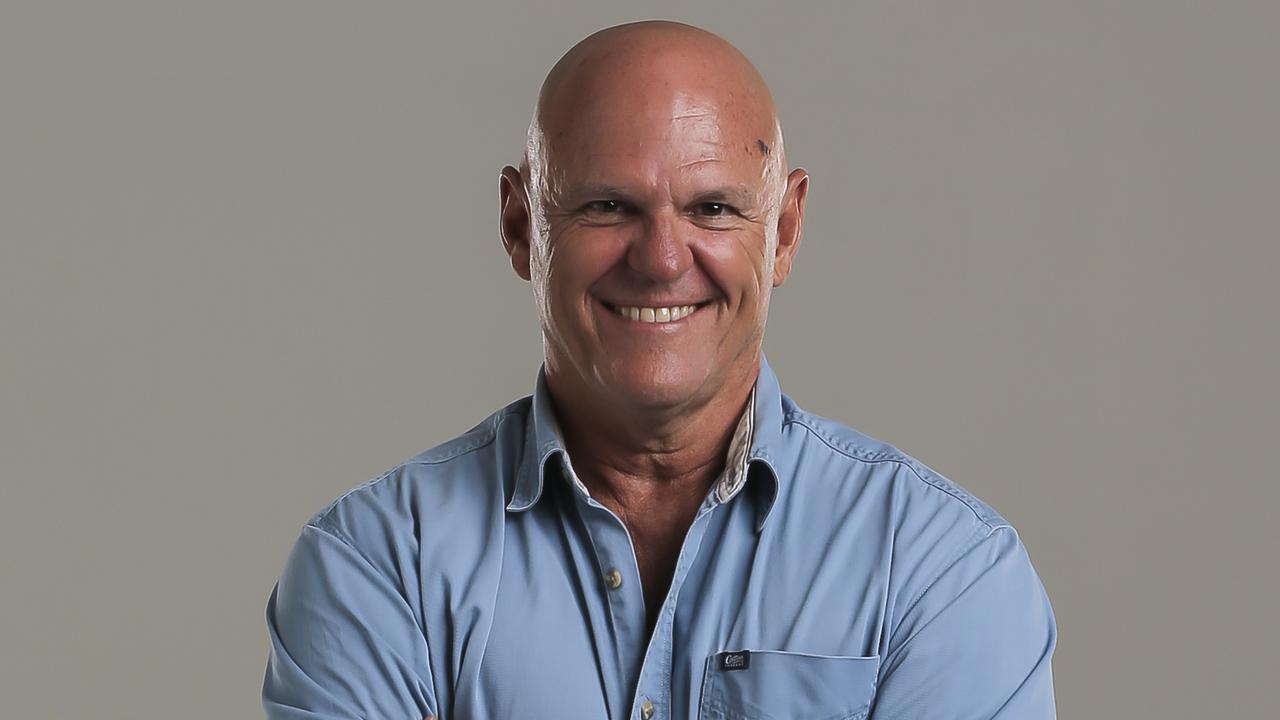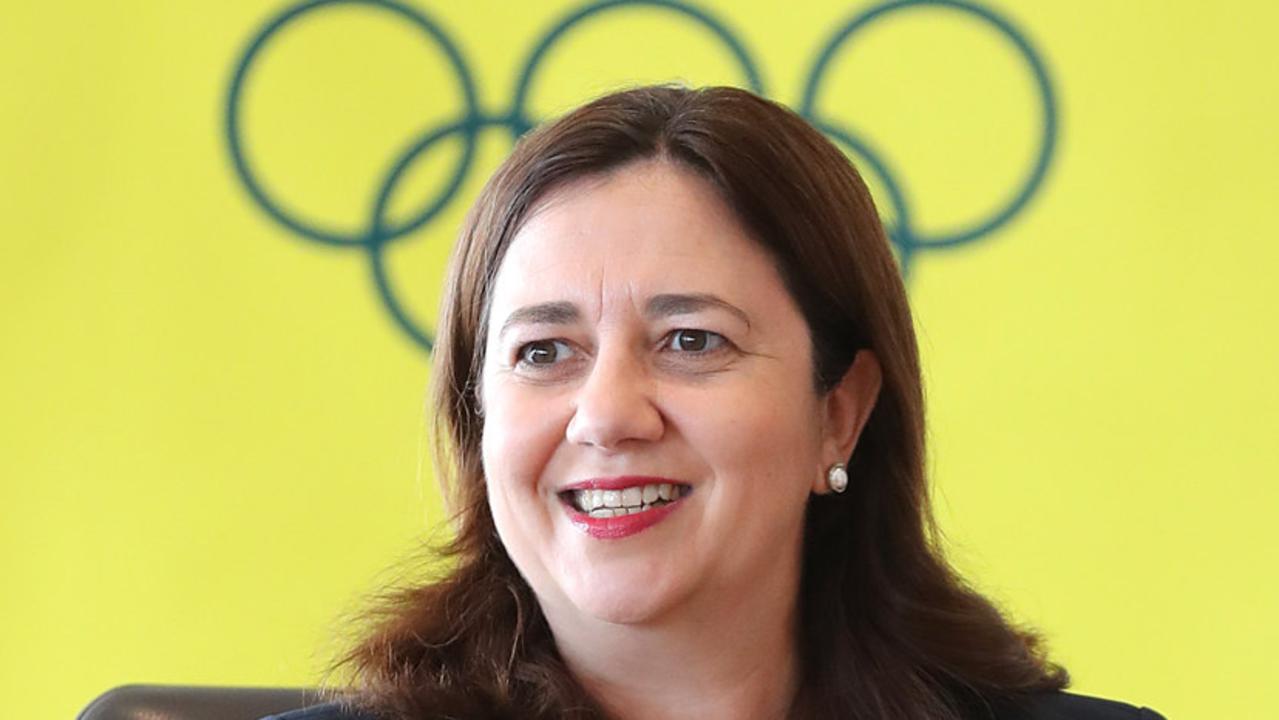Opinion: It’s Queensland’s reliable coal and gas energy network that’s stopping a meltdown
Queensland smashed its record demand for electricity on Wednesday afternoon and barely anyone blinked, writes Steven Wardill.
Opinion
Don't miss out on the headlines from Opinion. Followed categories will be added to My News.
QUEENSLAND smashed its record demand for electricity on Wednesday afternoon and barely anyone blinked.
At about 5.30pm, our state broke through the 10,000MW mark for the first time as families returned home and cranked up their air conditioners to cope with heatwave conditions.
Amid all the ongoing outcry over electricity bills and debate about transitioning our energy mix to a low-emissions model, it’s often forgotten how reliable Queensland’s energy network actually is.
Opinion: Qld energy system flawed and needs overhaul | The Courier-Mail
While other states have endured mass blackouts, load shedding and shut downs of energy-intensive industries over recent summers, the Sunshine State has been immune to these problems.
So far, anyway.
The reason for that, in no small way, rests on the shoulders of Queensland’s eight coal-fired power stations and 21 gas plants.
In fact, those southern states would be in the dark more often if it wasn’t for Queensland’s energy-producing muscle in the national market.
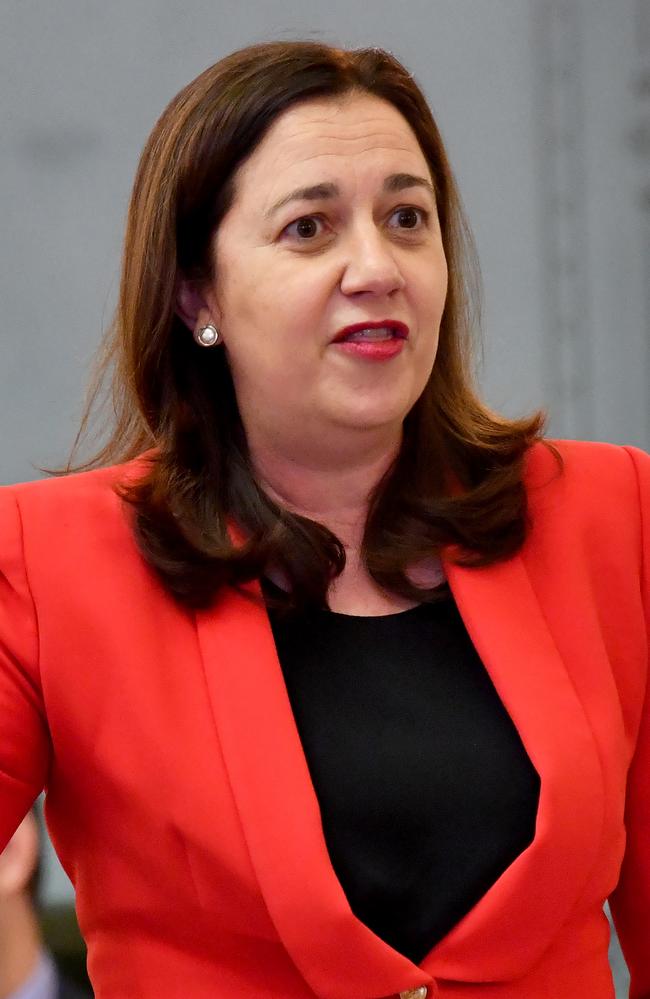
The hundreds of thousands of rooftop solar systems installed in our state are enormously helpful in curbing overall consumption from the grid during the day.
However, on those classic Queensland days when the sun wanes but the heat and humidity remain, it is still coal and gas doing the heavy lifting.
Wednesday’s peak demand demonstrated that.
Almost 90 per cent of our electricity needs were being met by coal and gas.
In some ways, the record-breaking event probably didn’t deserve much attention.
It was only set last year on February 14, after all, when the record was surpassed three times in three days.
However, while meeting these peaks requires significant generation capacity, Queensland’s overall consumption growth is expected to be slow over the next 20 years.
And that growth curve is good news for the Palaszczuk Government as it transitions Queensland to 50 per cent renewable energy use by 2030.
Wednesday’s record peak might suggest that Premier Annastacia Palaszczuk has embarked on mission impossible.
However, it actually shows that the Government may have discovered a way to transition Queensland away from fossil fuels without inheriting the problems experienced elsewhere.
The key is owning the assets, particularly the coal generators.
Labor kept them for political reasons and has pumped them for profit.
However, for political reasons, it has also had to stop them gaming the energy market and sacrificed profit in the process. This demonstrates how Queensland’s coal and gas fleet could evolve in the future as community assets.
They could have a mandate to keep the light on at peak demand times rather than a responsibility to generate as much profit as possible for Treasury’s coffers.
Other states have debated the future of coal after introducing renewable energy targets, and belatedly discovered what happens when profitless privatised generators pull out.
However, Queensland has demonstrated over successive summers how a network of state-owned coal generators can meet peak demand while not competing with renewable sources when they are producing power.
Politically, this model makes sense given Queenslanders have indicated they don’t want to sell assets.
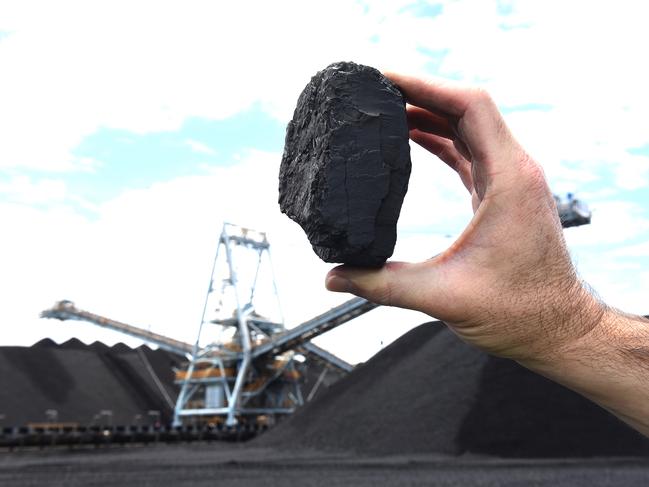
And, as energy policies mature, there will be fewer and fewer buyers for them anyway.
There are technical questions about how effective this model might be, particularly given the time it would take to bring old coal-fired plants online in the event of unexpected demand.
There are questions about how this might work while Queensland is part of a national market.
And there are questions about how long Labor is willing to keep them operating.
Palaszczuk has been quick to claim the Townsville flood was an act of climate change, and suggested anyone who disagrees with her is a denier.
However, she can’t or won’t say how long her Government will continue to own, operate and profit from its own emissions-producing assets.
All she offers are glib lines about “pathways” and “targets” for renewables, while remaining marooned on a fence over the future of fossil-fuel generators.
Maybe the plan already is to turn these profitable assets into resources operated with a social conscience.
Maybe the Government simply doesn’t have a clue.
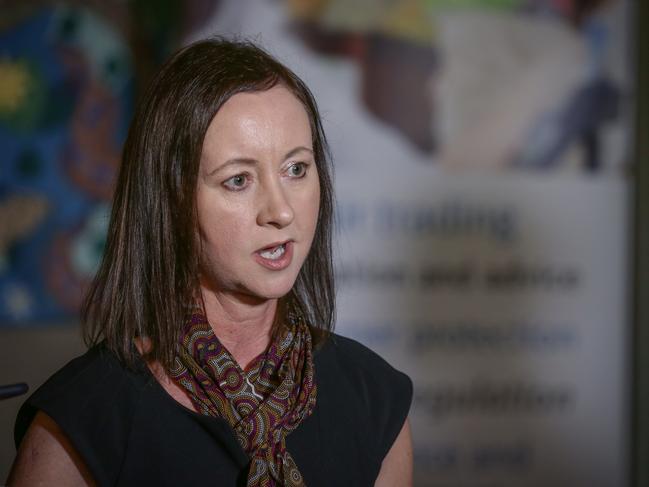
However, there’s scope to run these generators in peak times, and for certain energy-intensive industries, while clearing the field for solar, wind, hydro and storage to compete.
It is certainly an easier model than trying to regulate private coal generators to operate only at certain times.
Of course, there’s still a long way to go before renewables take over despite the Palaszczuk Government making solid inroads towards the 50 per cent target.
By the middle of this year Queensland will have more than 2000MW of installed renewable generation, which could, in theory, produce about 20 per cent of the state’s demand.
There’s another $20 billion of projects being talked about and, if they all proceeded, they could, in theory, produce almost 100 per cent of Queensland’s energy at certain times.
However, progress on many projects has stalled.
The Government’s reverse auction for 400MW of renewables, for example, has been stuck in limbo since expressions of interest closed in September 2017.
Federal energy policy uncertainty would be part of the problem.
So would the price the proponents are trying to charge for their energy.
However, while Queensland might still rely on coal, we also have the makings of an innovative transitional energy model that can keep the power on while eliminating pollution.
GRAND PLAN TO DECAMP STALLS
IF THERE’S an organisation that should know how to ensure the horse goes before the buggy, you’d hope its Racing Queensland.
Alas, the governing body of the three horseracing codes seems to have bet big on itself and lost.
RQ had been looking to decamp from its traditional headquarters in Deagon, which it shares with horses and trainers, and establish an equine centre of excellence on the site.
Apparently, RQ’s decision makers reckoned an inner-city office near business and government was more fitting, and this was going help the body attract and keep staff.
While some stakeholders were briefed on the grand plan, obviously, no one thought through the politics of such a move.
For a start, the Palaszczuk Government isn’t too keen on selling assets and renting office space.
However, more importantly, how were they proposing to tell Racing Minister Stirling Hinchliffe that staff did not want to work at Deagon, which is in his Sandgate electorate?
While acknowledging the move idea had some merit, Hinchliffe says he has told RQ it isn’t going anywhere.
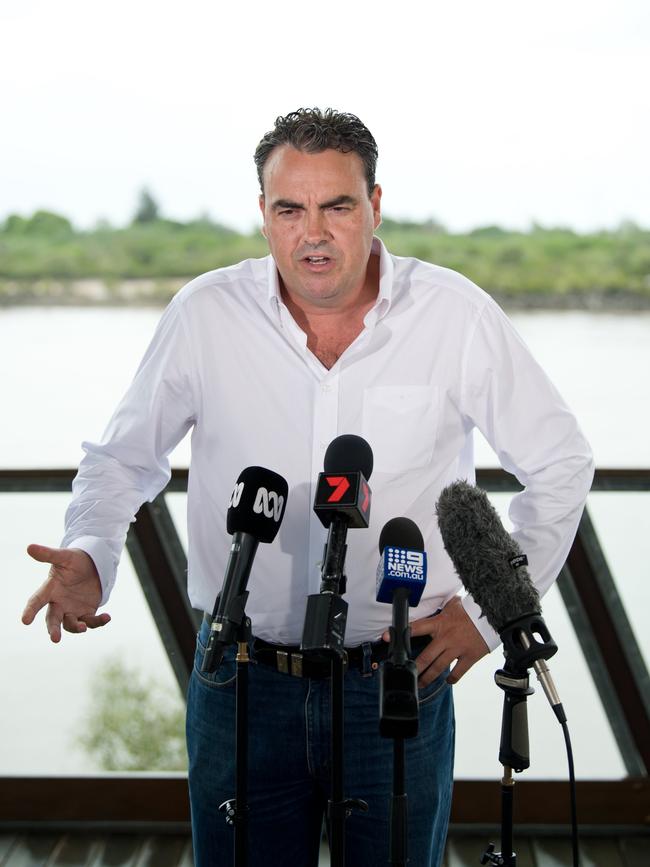
“As far as that being their highest priority, I think they have put the buggy before the horse,” the Minister told me.
“If sorting out their own nest is their highest priority, then that’s a problem, and I have made that clear.”
Hinchliffe says there are a “number of other infrastructure issues” RQ will need to get right before even thinking about new office furniture and all those inner-city lunch options.
And he’s not shy about admitting that his decision was partly motivated because he’s the local MP.
“To be pretty blunt, as the local member, that’s something they have got to justify at that site, which is a really important local institution,” he said.
Talk about taking the whip out.

GOOD WEEK
Attorney-General Yvette D’Ath who introduced legislation to ensure tougher sentences for violent child killers.
BAD WEEK
Premier Annastacia Palaszczuk who blamed the Townsville flood disaster for not being across other issues in state parliament.
NEXT WEEK
Whitsunday MP Jason Costigan might have taken this week off parliament. But expect to hear plenty from him as he takes aim at former LNP colleagues.
QUOTE OF THE WEEK

